Partners & Management
Our ConsortiumFind out more on the partners (main and associate) and the management model within the project
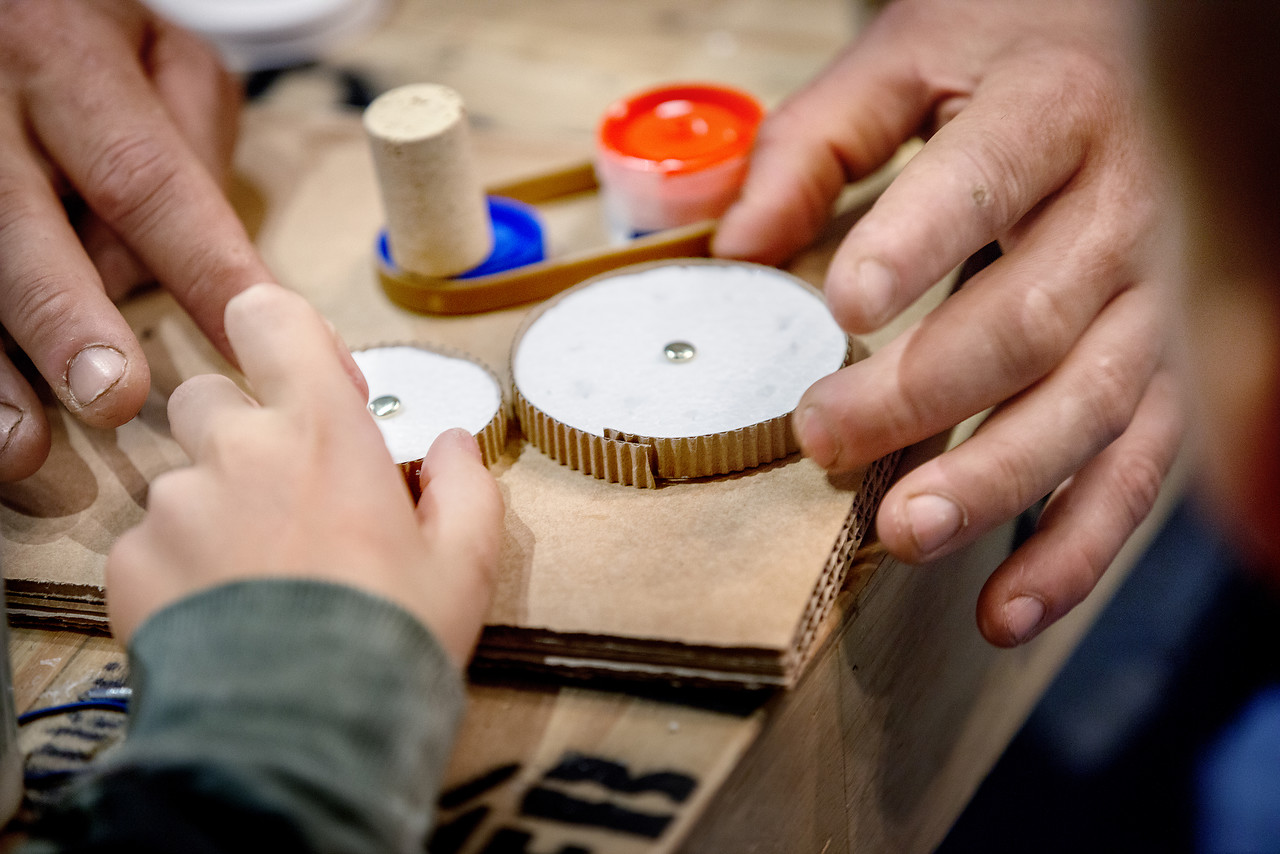
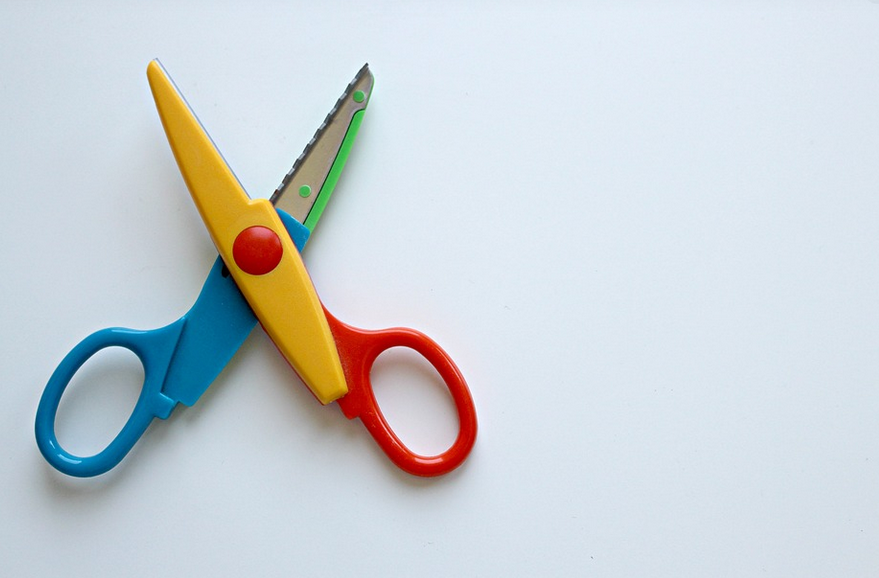
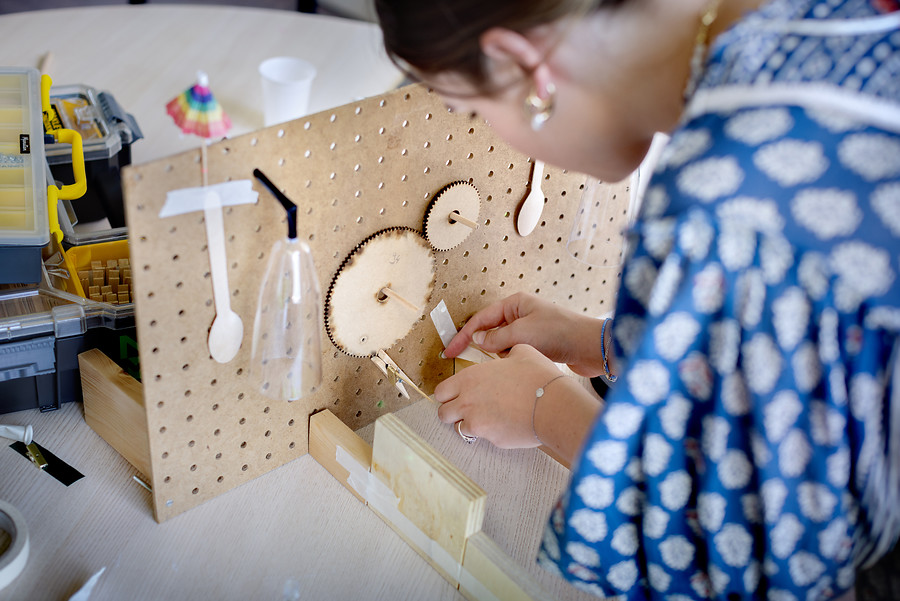
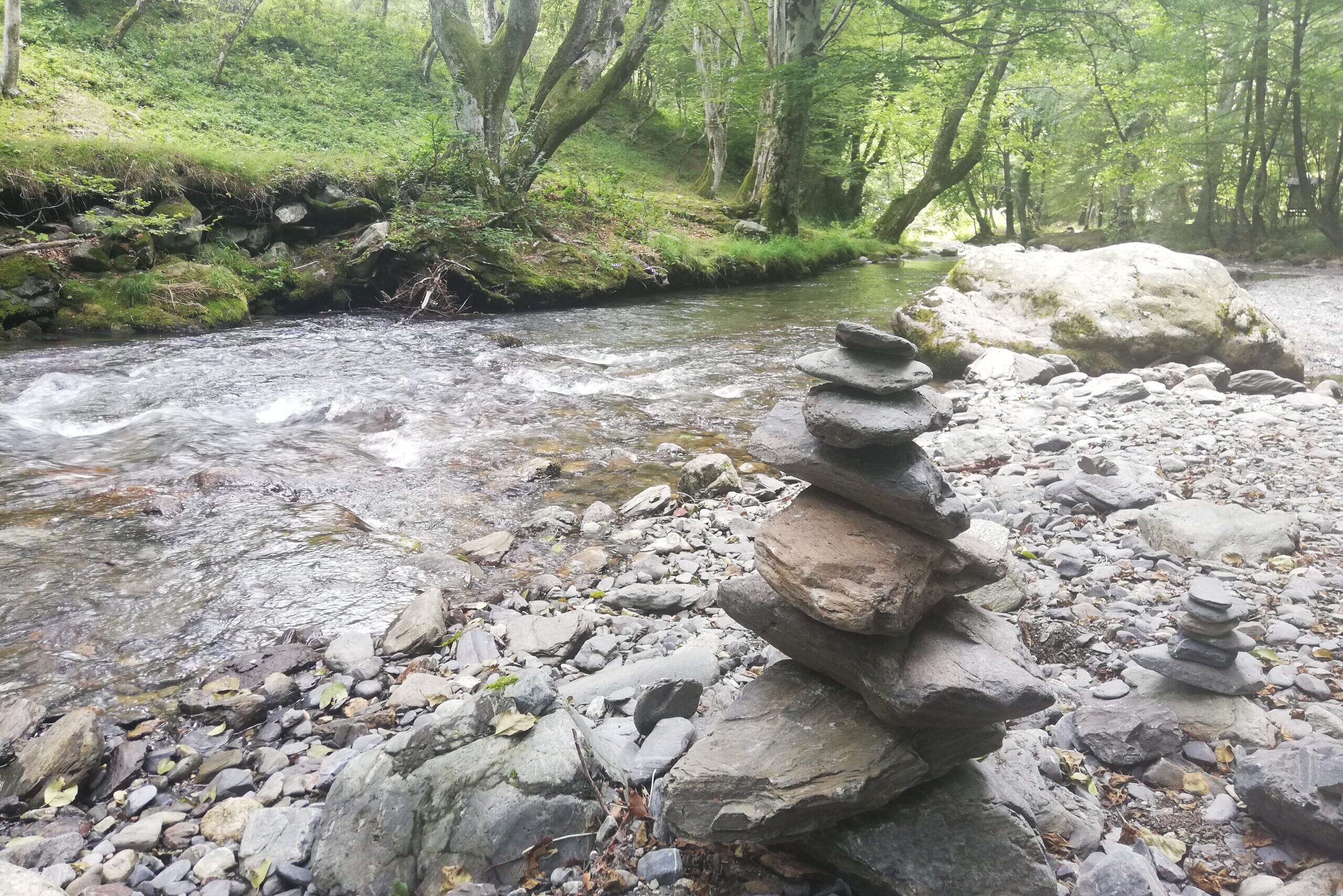
A WORD
On tinkering
Tinkering is about hands-on experiences, learning from failures, and unstructed time to explore and invent. And through the processes of exploration and invention lies the potential for innovation.
R. Doorley (2015)
THE CONSORTIUM
Project Partners
This project is run by an experienced and mutually complimentary team. Read more about them in their summarized profiles or in their respective websites.
University of Iceland
Project Leader
The University of Iceland (UI) is a progressive educational and scientific institution, renowned for research in the global scientific community.
It is a state university, situated in the heart of Reykjavik. A modern, diversified, and rapidly developing institution, the UI offers opportunities for study and research in 400 programs, spanning most fields of science. Its School of Education is the principal institution in the fields of education and training as it educates future teachers for all education levels.
Web: https://english.hi.is/
Contact: Ólafur Páll Jónsson: opj@hi.is
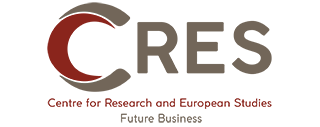
CRES
Project Partner
The Centre for Research and European Studies – Future Business association was founded by ten Organisations from 8 countries across Europe, with expertise for an innovative development perspective of “future business”. Its actors (Universities, business, schools, etc) joined forces to develop studies, research and projects in the field of human resources management, education and training, ICT, social inclusion and quality assurance in order to enhance and valorise the professional network of its members and promote active citizenship in Europe.
Web: https://www.asscres.eu/
Contact: Alessia Spatafora, info@asscres.eu

Bartolomeo associazione culturale
Project Partner
Bartolomeo association was founded in 2015 to promote cultural heritage among children through innovative methods and digital tools. It is active in educational projects, related to cultural heritage, citizenship, history, geography, sustainability and environment, early reading and inclusion. The Association’s expertise is in the mediation of complex themes for younger audiences and the training of educators to support them in building complete and engaging educational experiences.
Web: www.bartolomeo.education
Contact: Giovanna Hirsch giovanna@bartolomeo.education
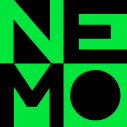
NEMO Science Museum
Project Partner
At NEMO Science Museum in Amsterdam, adults and children discover how fascinating science and technology are. The museum is an interactive and informal science learning environment and owns a significant historical collection. NEMO Science Museum spreads its activities beyond the museum walls: in schools, nationwide events and online.
Web: www.nemosciencemuseum.nl/en/
Contact: Judith Bal, bal@e-nemo.nl
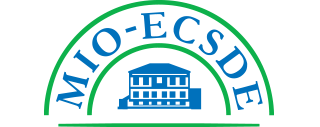
MIO-ECSDE
Project Partner
MIO-ESCDE is an Athens-based Federation of 133 Organisations working in the fields of environment and development from 28 Euro-Mediterranean countries. MIO-ESCDE mission is to protect the Natural Environment and Cultural Heritage and promote Sustainable Development in a peaceful Mediterranean by bringing together the efforts of environmental and developmental NGOs.
Web: www.mio-ecsde.org
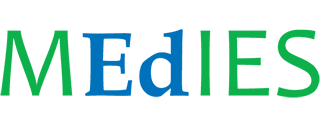
MEdIES
This is the long standing education initiative of MIO-ECSDE: It is an international e-network of aprox. 6,000 practitioners of Education for Sustainable Development (ESD). MEdIES envisions the responsible, environmentally literate, democratic and ethical global citizen, whose choices and actions are based on the values of sustainability.
Web: www.medies.net
Contact: I. Alampei & V. Malotidi info@medies.net
ASSOCIATE PARTNERS
A group of associated partners will support the piloting and the dissemination of activities of the project.
CONFAO
Consorzio Nazionale per la Formazione, l’Aggiornamento e l’Orientamento – IT
MUBA
Fondazione Museo dei Bambini – IT
WORK PACKAGES
IMPLEMENTATION
PROJECT DESIGN
To meet the set goal and objectives of TINK@School, five Work Packages (WPs) are foreseen. The first one, management, is horizontal, while the rest of the WPs deal with the mapping, material development and implementation, as well as communication.
In the video practitioners from Exploratorium (San Fransisco, USA) explain how they apply tinkering and the effect on learners.
1. Management
An effective management plan throught the project will help us pursue the overall aim and the specific objectives.
2. Mapping tinkering and sustainability
One of the first actions in the project implementation is to map how tinkering method as well as Education for Sustaiable Development is applied in the partner countries. Through this mappting process the partners will identify opportunities and challenges.
3. The tinkering toolkit
The development of this toolkit will help teachers in primary and primary and secondary education and other target audiences to apply the Tinkering methodology in the context of their sustainability / ESD projects.
4. Application & assessment
In this work package both the methods and the toolkit developed in earlier stages of the project, will be field-testes and assessed with its potential users (teachers, learners and other audiences).
5. Communication
This WP deals with communication, dissemination and exploitation activities that will be run through the entire lifetime of the project.
